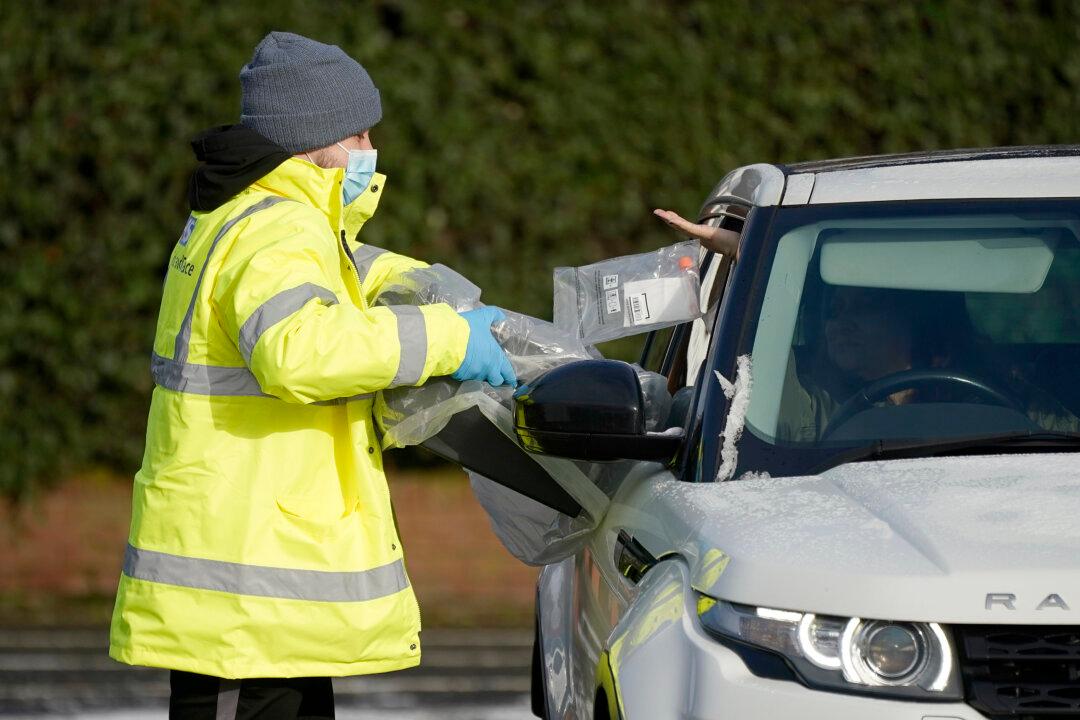Britain’s daily death toll from the CCP virus dropped to 82 on March 7, the first time the figure has fallen below 100 since last October.
According to official statistics, on Sunday, 5,177 new CCP (Chinese Communist Party) virus cases were reported across the UK, and 82 deaths were reported within 28 days of a positive test.





